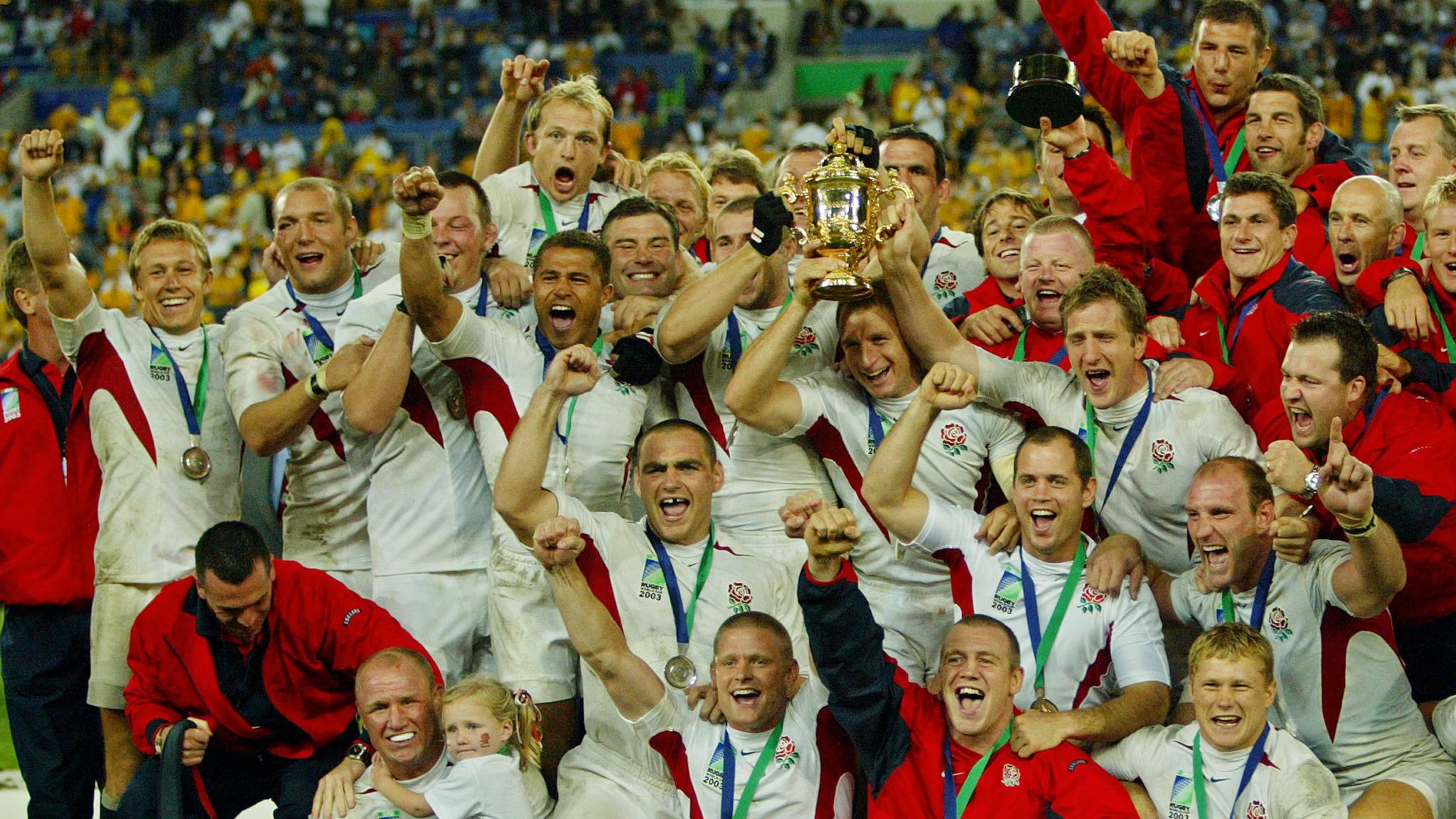By Sophia Lashmar, Year 12
Earlier this week, former England rugby player Steve Thompson MBE came to talk to LGB High School students.
Mr Thompson, who won the Rugby World Cup in 2003 for England, spoke about his experiences as a player and the dementia he now suffers as a result of frequent concussions and blows to the head during his career.
When he first started experiencing debilitating headaches, Thompson’s first thought was: “thank God I can still play!”, and he took merely painkillers for his head. After retiring from rugby, Thompson moved to Dubai, where memory loss and personality changes began. As a father to young children, these worrying developments provoked a change of lifestyle in the form of a move to Cyprus, to ‘slow down’ and see if the situation improved. When it became clear that he wasn’t the only one suffering from the same symptoms, Thompson and his family realised that there was something seriously wrong.
During the talk, Thompson spoke about the relief of finally having a diagnosis. After various MRI scans and hours of testing, he was diagnosed with dementia in his early 40s. He revealed the guilt he felt for ‘inflicting’ this upon his young family, and reflected upon the extent of his memory loss, explaining that at one point he could not remember winning the World Cup in Australia in 2003.
He likened his experiences of memory loss as if his head was a camera with no SD card in it, but the cause of his memory loss and dementia is clearly not due to a lack of SD card, but the number of concussions and sub-concussions he suffered during his rugby career. Despite the huge impact this has had on his life, Thompson still feels hugely attached to rugby, saying he “didn’t love the game as such, (he) loved the people”, and still frequents rugby clubs, but now with the girls’ football team he coaches because of the people and the welcoming atmosphere.
When asked if he would do it all over again, he said “no”. Despite more and more measures being implemented to make the game safer, the guilt Thompson feels for his family is greater. His daily routine being severely impacted by his illness, the whole structure of his life had to change following his diagnosis, which he regrets, but accepts as a means to an end to still spend time with his family in a lucid state.
Thompson also remarked upon the lack of dialogue on the subject, for which there are a number of reasons. Part of the problem is that many former players undergoing the same experiences are unwilling to admit to it, or are perhaps unable due to NDAs or cover-ups by various doctors and associations. As a high-profile figure, Thompson has a platform from which he hopes to discourage young people from severely injuring themselves by playing contact sports. He feels that it “needs to be said” that playing rugby is such a huge risk, just like other contact sports.
Despite the enormous impact that his rugby career has had on his memory, his health, his family and his future, Thompson is still using his experiences to bring about positive change by speaking out. He still retains a sort of ‘team mentality’, which is what makes his mission that much more powerful. He finished his speech by saying that when you are a part of a team “in the good times it’s always good, and in the bad times we need to take care of each other”.



